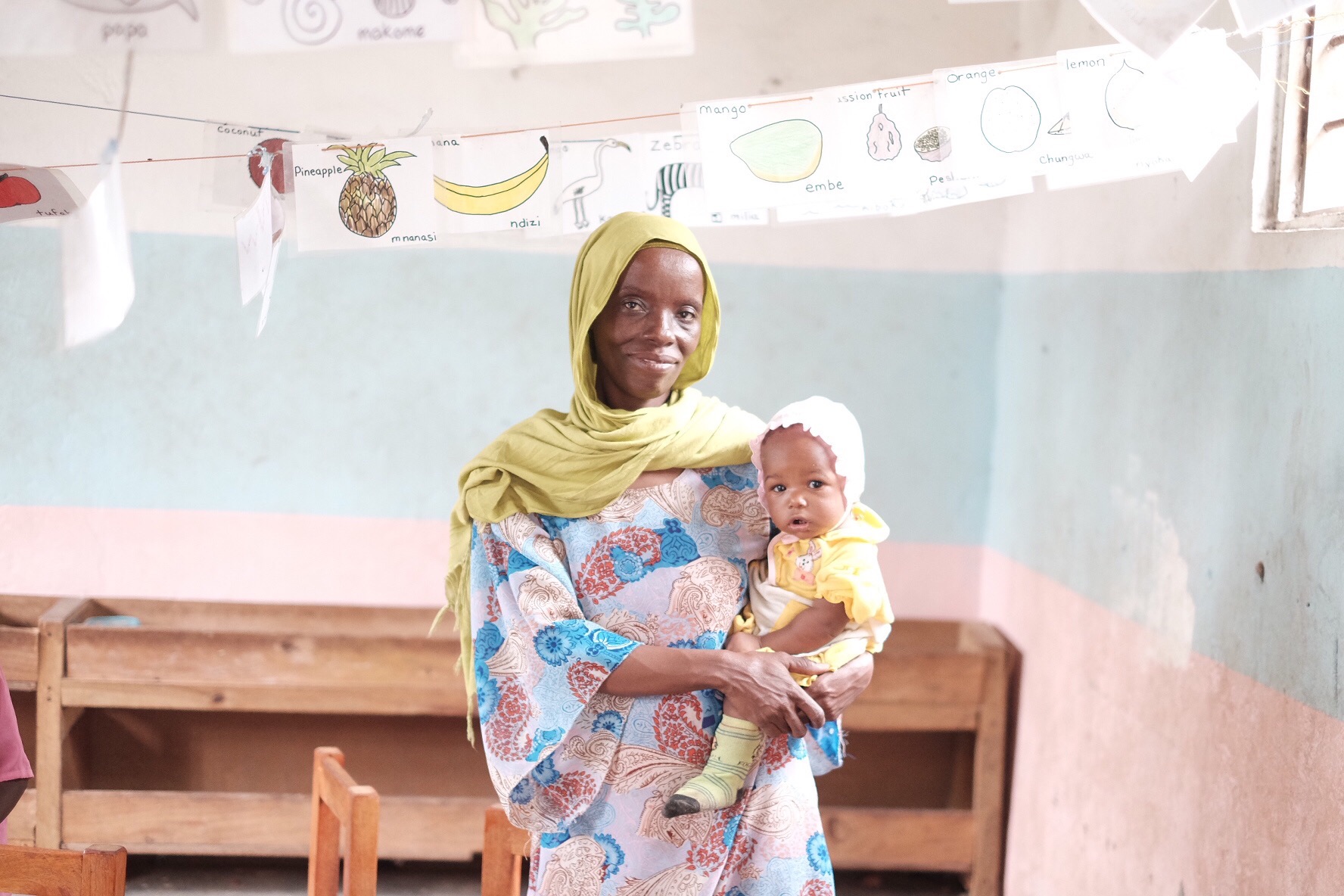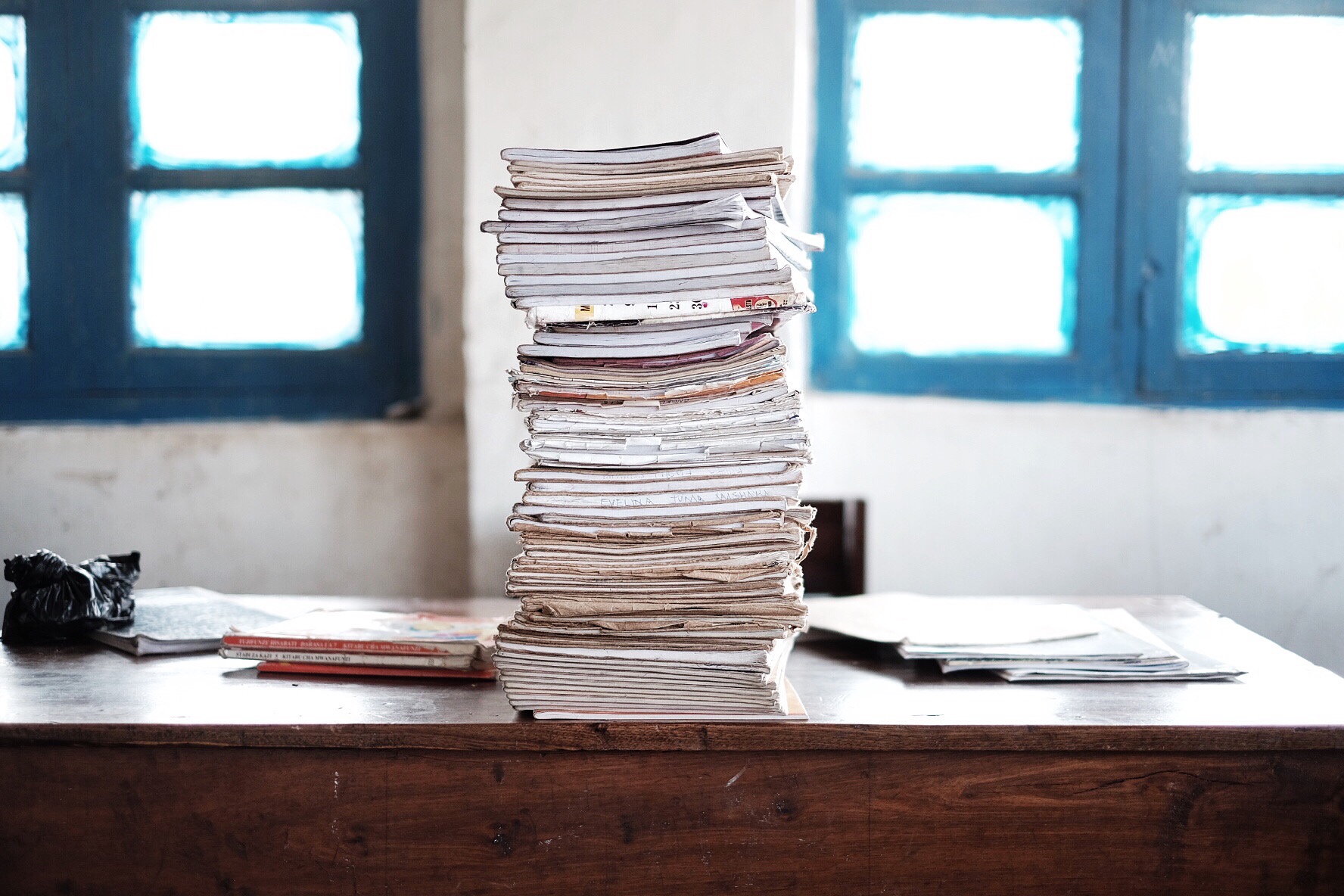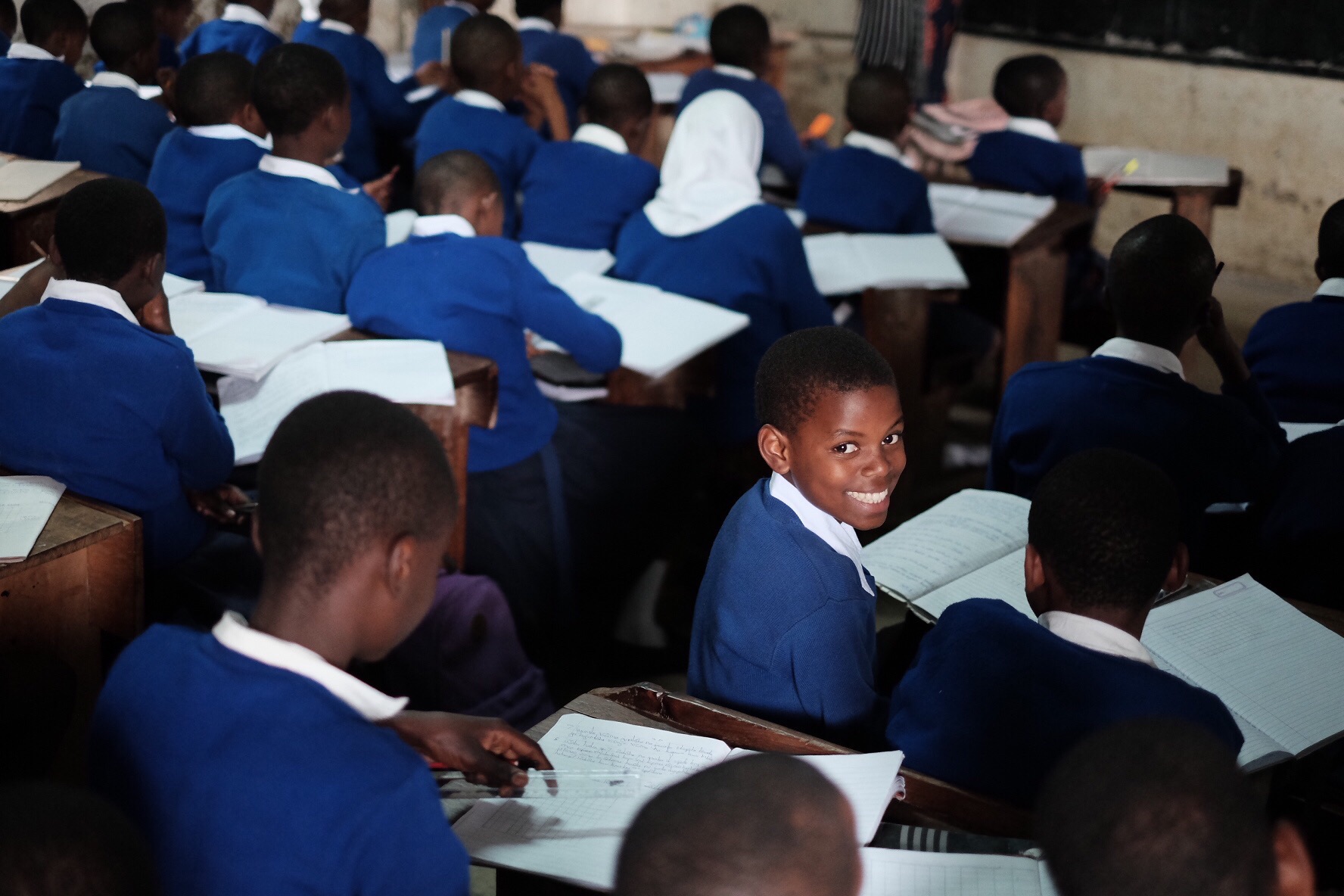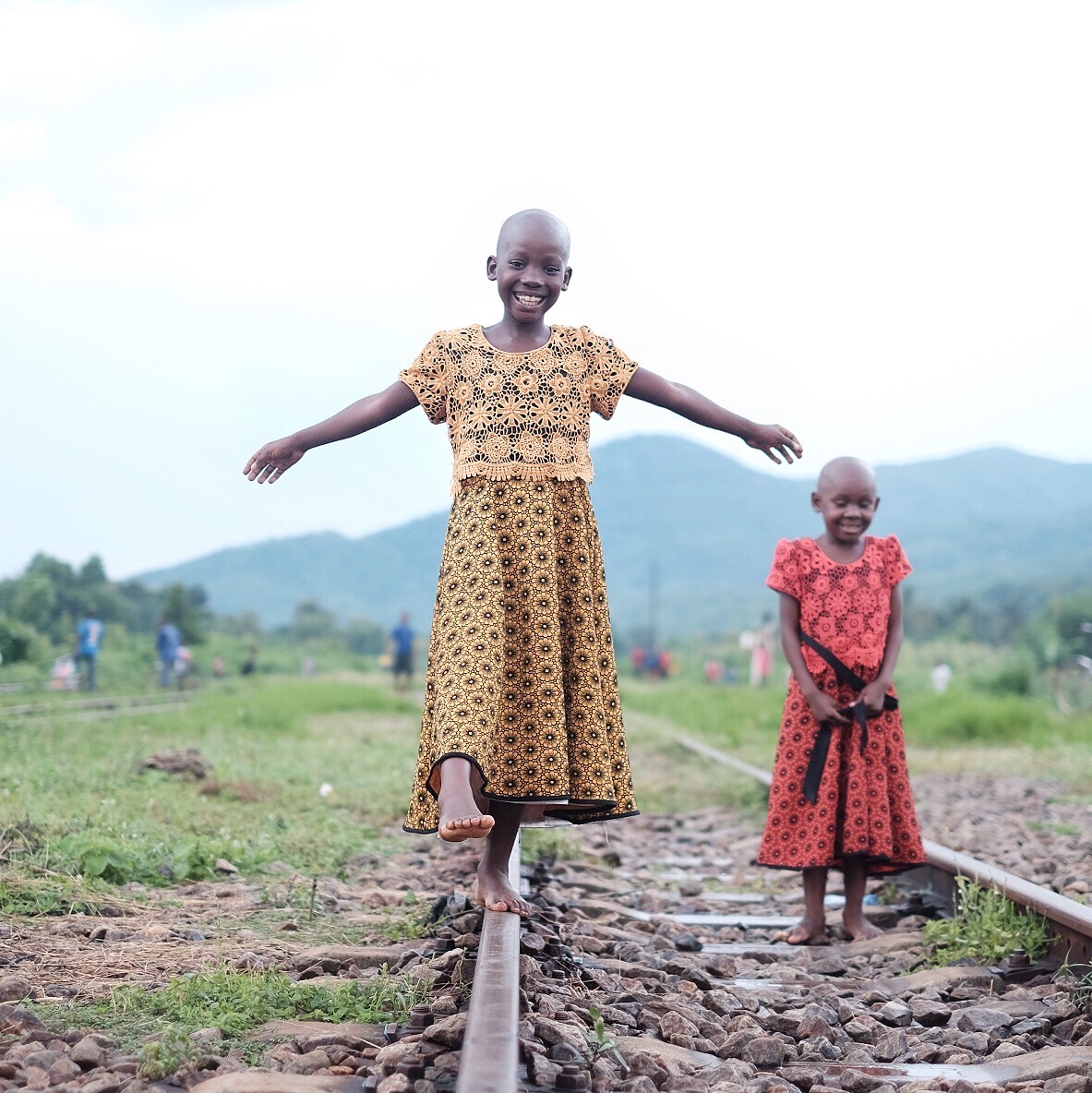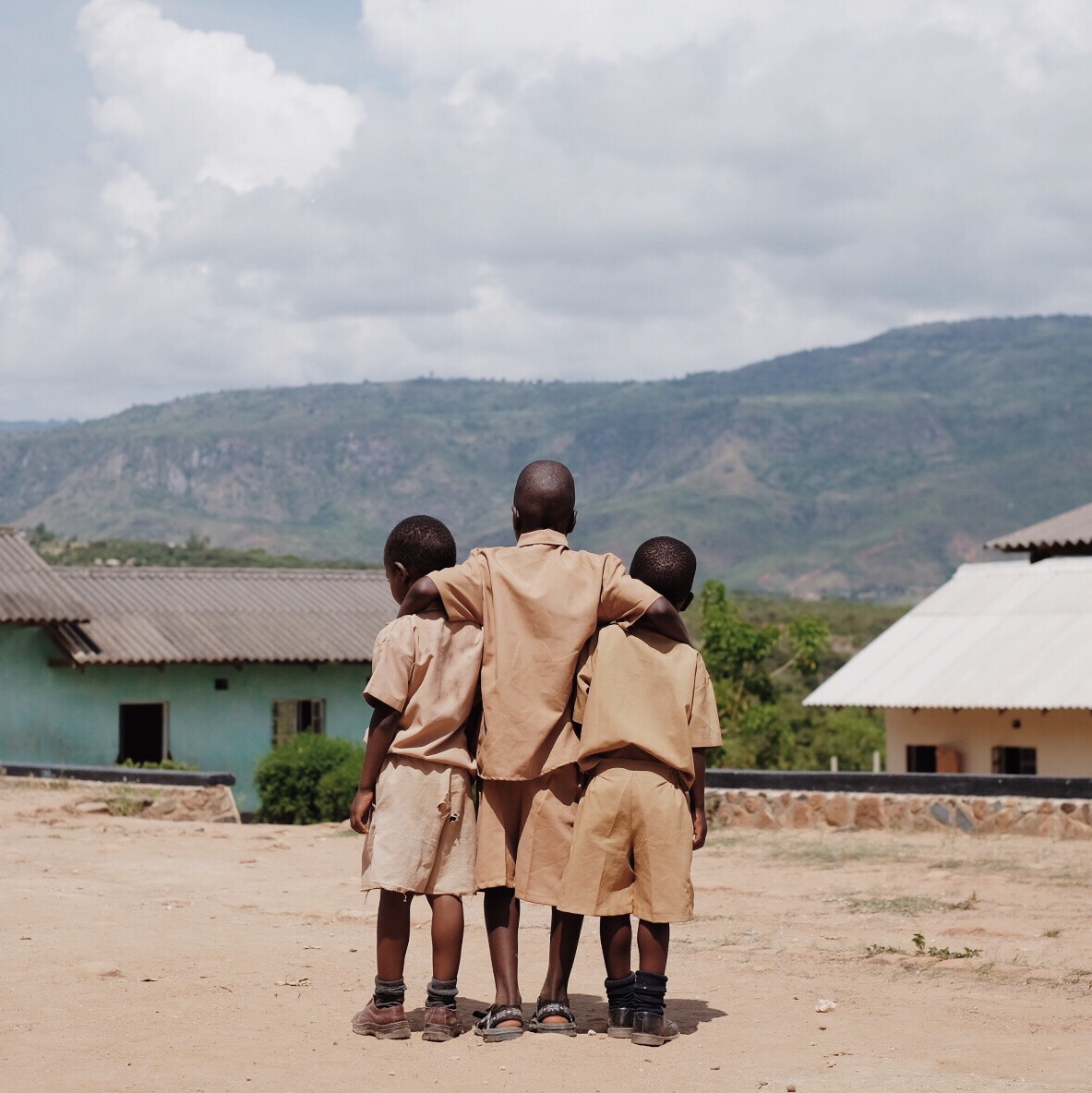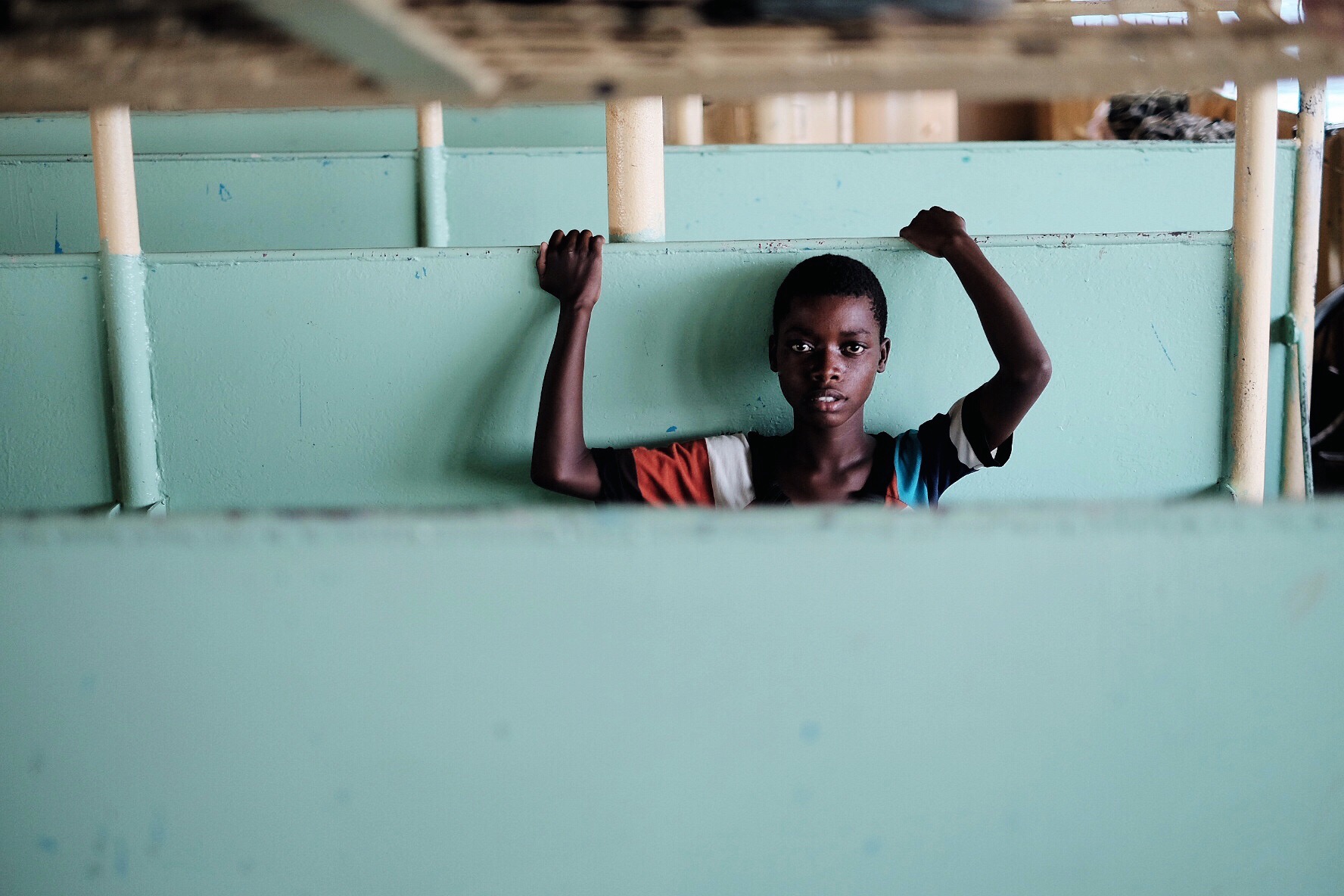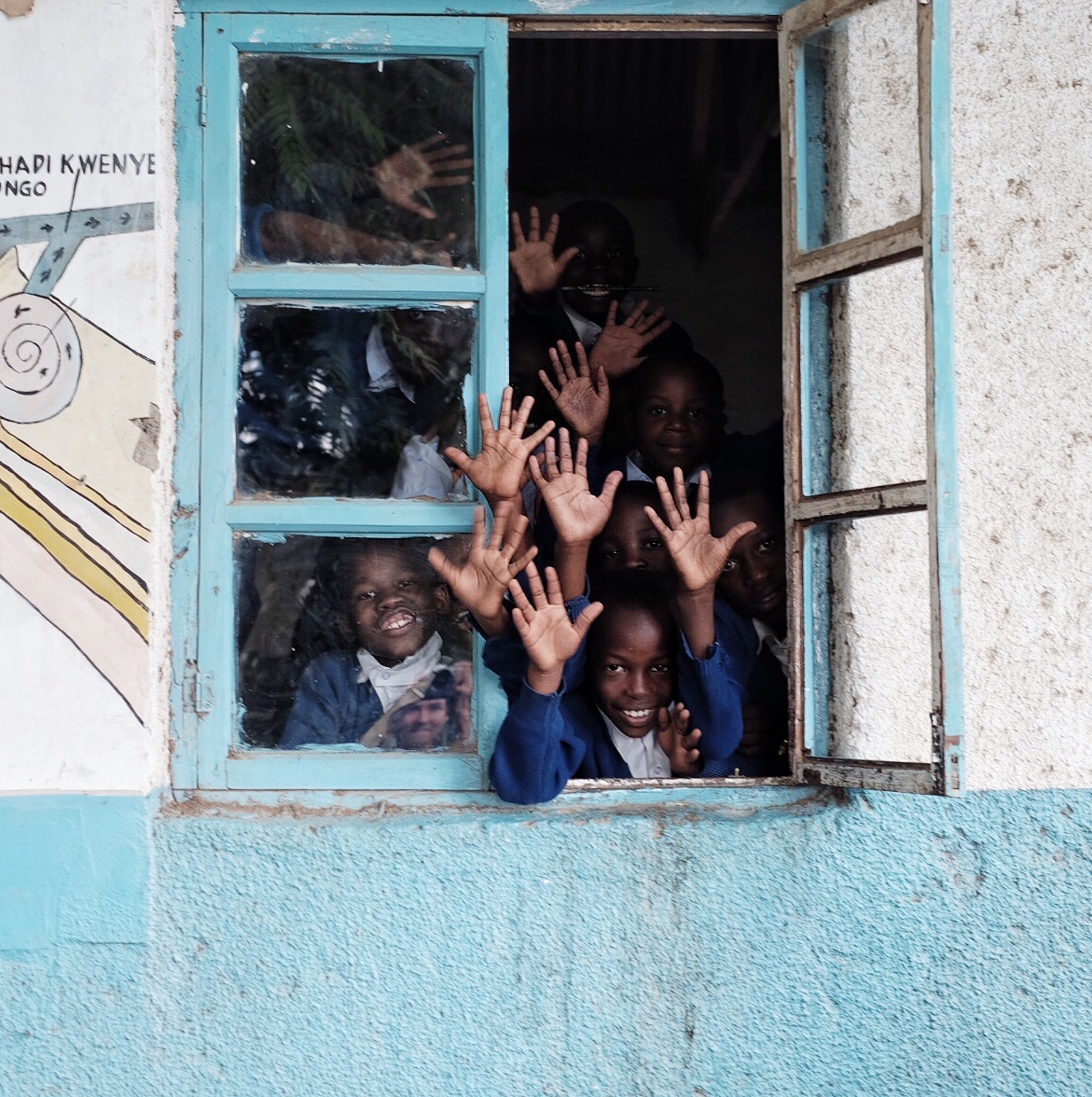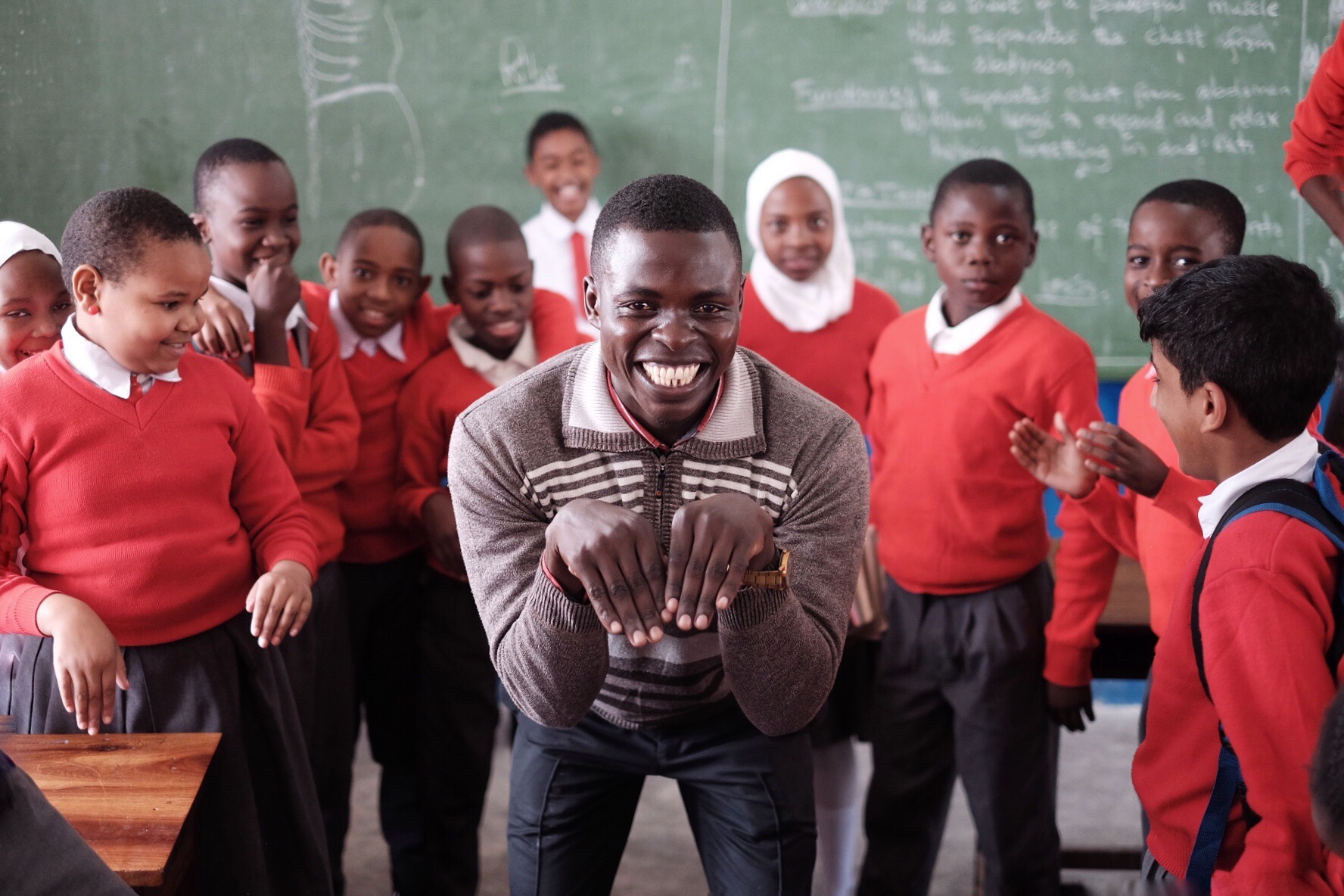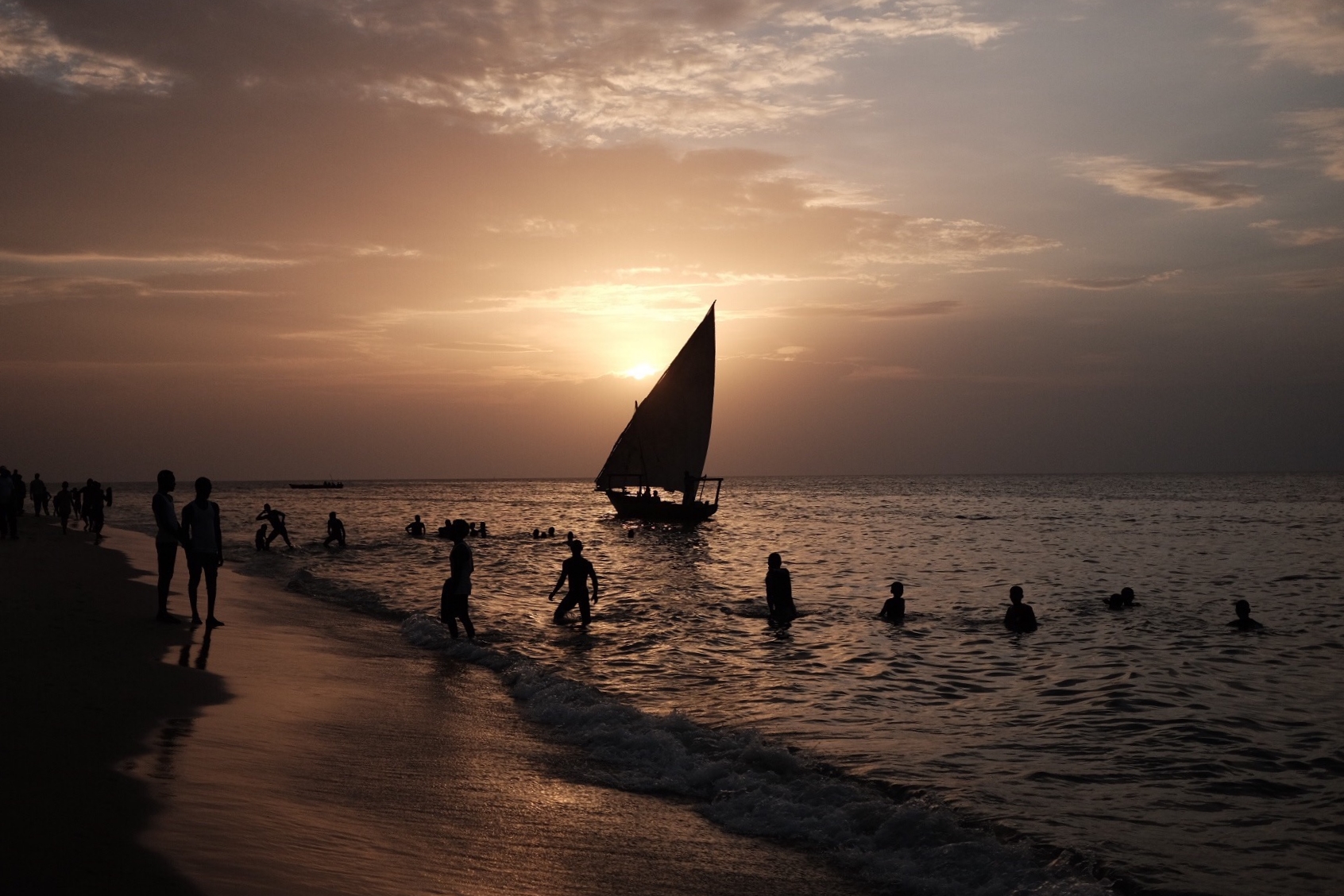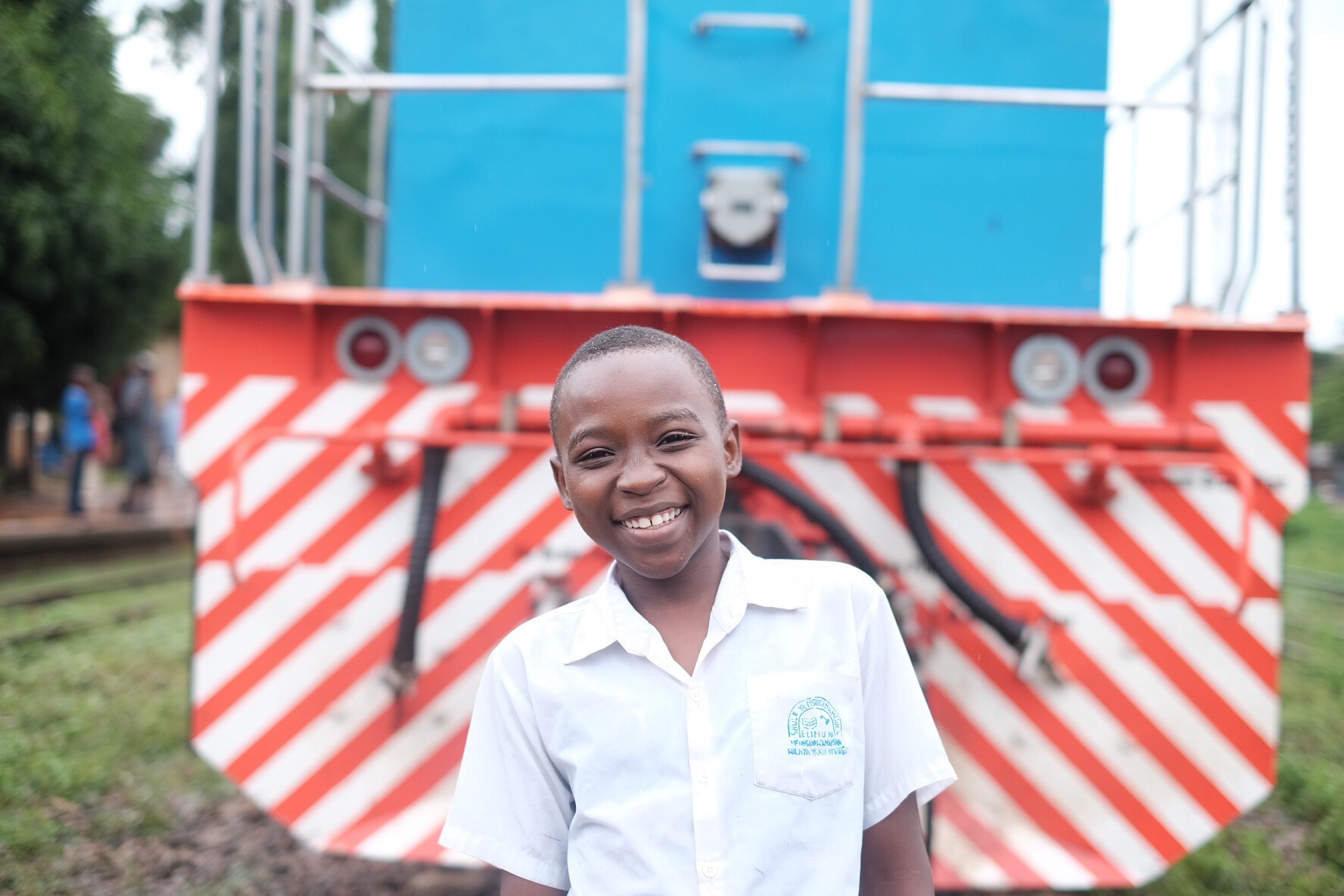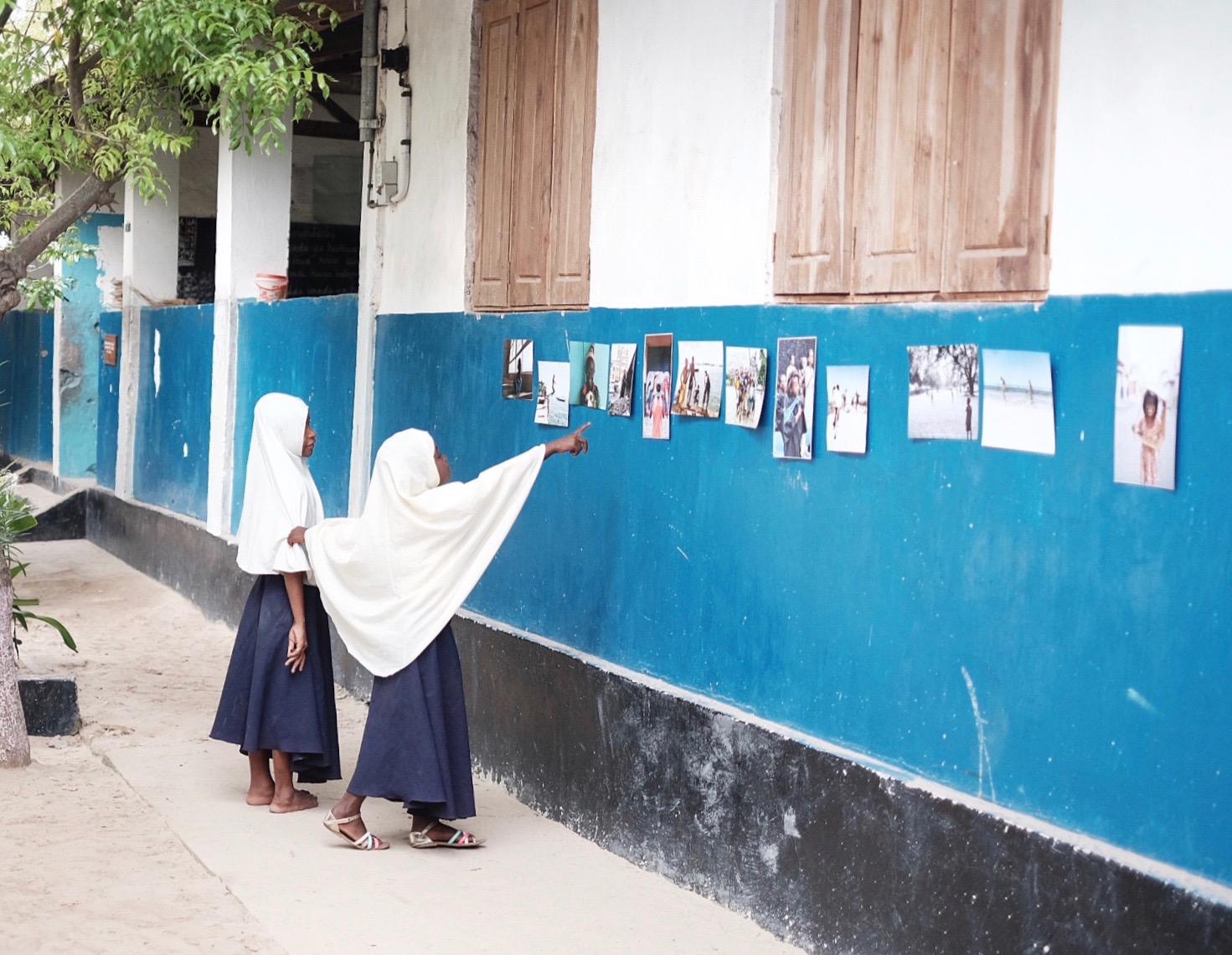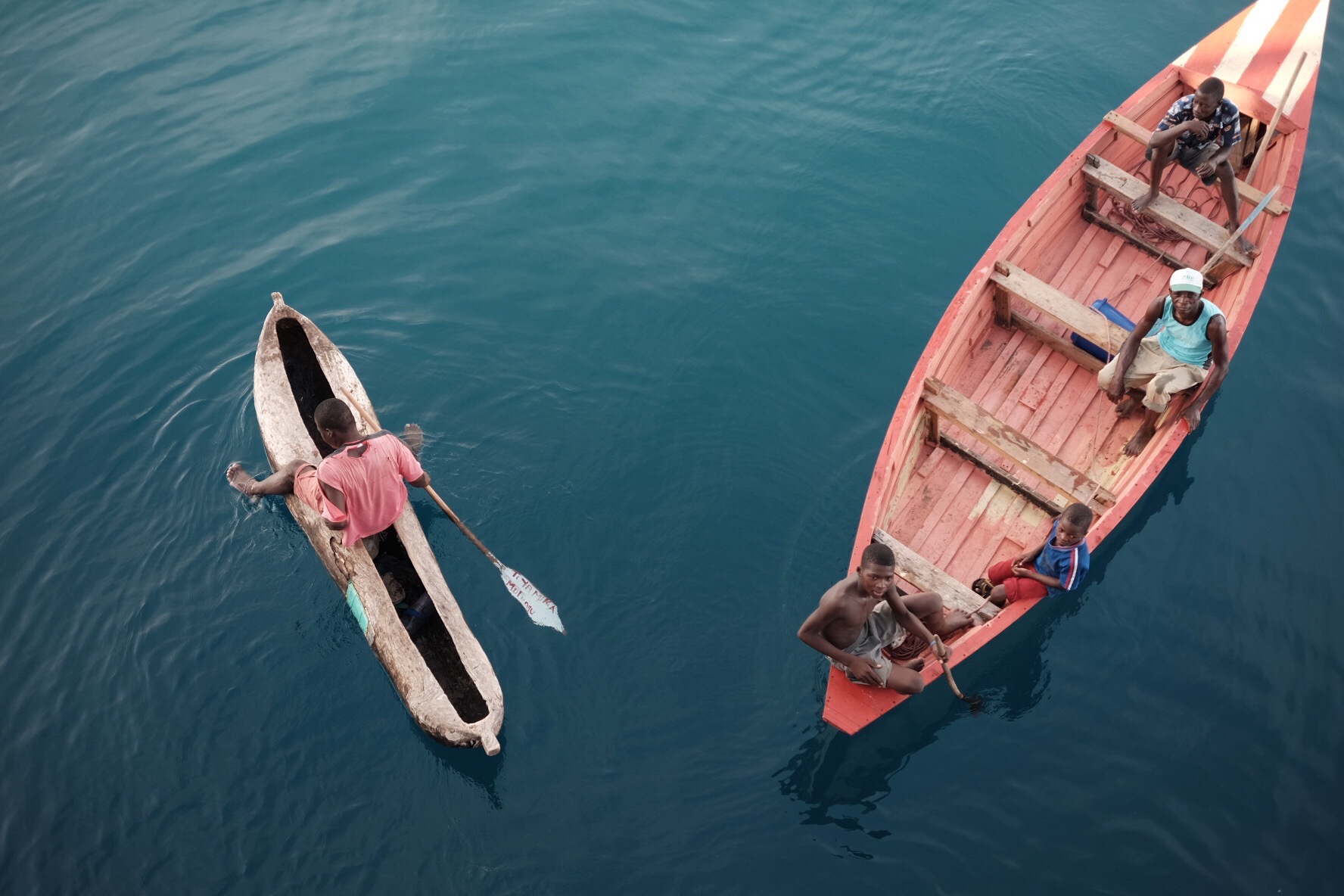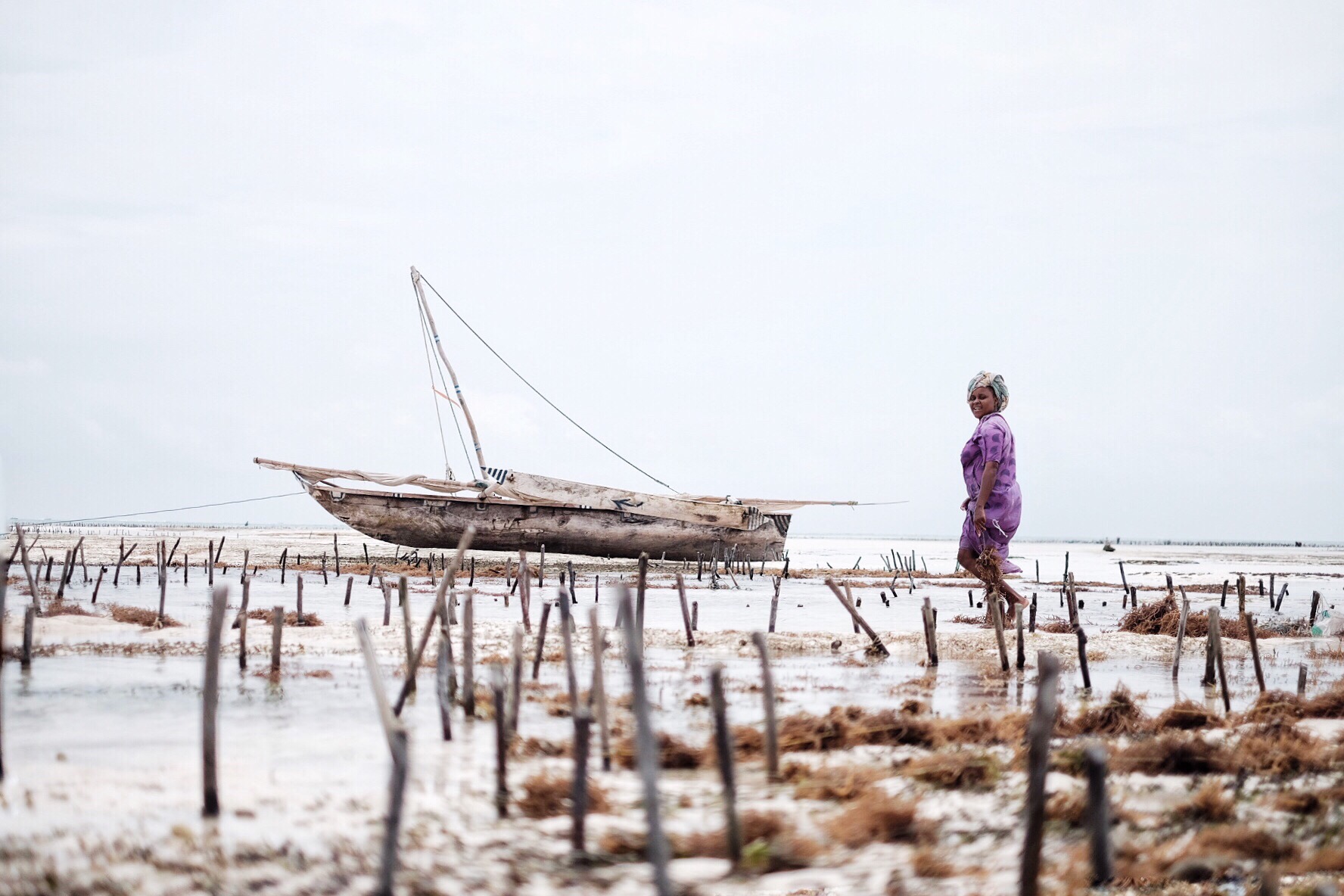Introduce yourself!
So often when we introduce ourselves, we default to declaring what we “do”. “My name is ____ and I’m a third year student” or “I’m ____ and I’m a principal”. And yet, this stage of my life journey is one in which I don’t have a title to rely on to validate myself. And this is a beautiful place in which to find oneself, because I’ll let the images and the stories of some of the thousands of people I met along my 5-week overland journey using public transport from South Africa to Tanzania do the speaking. My hope is that you grow in empathy and curiosity as you scroll on.
You recently took a month long trip via public transport to document schools and their learners in Southern Africa. What sparked such a project?
It’s no surprise that education is an area of debate and concern both in South Africa and around the globe. We criticize and blame our teachers, leaders and unions and implement ever-evolving reforms with copious amounts of money that never seem to realize the collective aim of improving student outcomes. As an educator and former school principal, I believe in the capability of innovative teachers and leaders to design learning experiences at a grassroots level from which systematic change can occur. And I believe that for education to be a transformative journey for students around the world to achieve the tools necessary to take on the world’s most pressing issues, we need a movement to respect and support (rather than condemn) educators.
How was this travel experience different from your past tips? What surprised you most about it?
While I’ve spent extended periods of time in foreign countries, it has been for work, so this was the first time I’ve travelled for more than two weeks. The trip also differed from traditional travel because the purpose of photographing schools set a very specific intention. I was most surprised by how much I enjoyed taking public transport. I had fantastic company, so that helped of course, but I honestly loved the sweat, the bus conversations, the people I met along the way, and the discipline of slowing down public transit encouraged.
How did you navigate and plan for the trip? What did you hope to accomplish?
We travelled over 4,000 kilometers on buses, mini buses, bodas, bicycles, boats and hitch hiking in cars for over 153 hours of total transit time! Luckily, I didn’t do it alone: I travelled with Zach, a photographer I met at an instagram meet up a year ago, and Sam, a photographer from Dar es Salaam I met on Instagram. Zach was the mastermind behind the route, and we asked friends for tips on previous trips they had taken. A lot changes when you are on the road, however, in terms of planning bus and train and ferry times. It’s important to be flexible!
As photographers, Zach, Sam and I aimed to use visual storytelling to highlight the stories of innovative and resilient learners and leaders, and to influence others to celebrate and share stories of educators in their own lives. This matters because we want to become part of a broad and participatory movement to respect educators as well as challenge stereotypes of “helpless Africans”. As you will see if you check out @everydayeducation and our personal accounts @stickylittleleaves, @diaryofzach and @sam.vox on Instagram, myriad stories of students, parents and educators emerge that will change how you perceive education on this continent and what is possible when we believe in, listen to, and equip local educators.
Which cities/regions did you visit?
We started in Johannesburg, South Africa and made our way in a 23-hour bus ride to Zimbabwe. We stayed in Harare, Masvingo and Nyanga as we visited six different schools. In Malawi, we stayed in Cape Maclear and then three days on the Ilala Ferry stopping briefly in towns along the way. Karonga was our final destination and where we finished the last of our five Malawian school visits. Finally, in Tanzania we stayed in Mbeya, Iringa, Kilombero, Dar es Salaam, Stone Town (Zanzibar) and Jambiani (Zanzibar). Before returning to South Africa, we visited a total of twenty-one schools.
What was your approach to photography while on the road? Did you generally strike up a conversation with your subjects or just candidly capture the moment?
For the shots of students and teachers taken during one of the twenty-one school visits we conducted, we always spoke with the principal or school leader before we ever touched our cameras. Some visits were prearranged, others were from recommendations of community members, and others were schools we stumbled upon. We would receive permission to shoot and after an interview with the leader and any available teachers we would begin to shoot both portraits and candid moments in class. For other shots, generally I tend to engage a person before asking to take their photo. On rare occasion, I’ll try to capture a candid moment, although I am certainly still waging an internal battle about the power dynamic as someone who wields a camera towards someone else without his/her permission.
What would you say was most memorable about your experience?
From Zimbabwe--where one of the student teachers told me that the main aim of teaching “is to prepare and create citizens committed to make their communities better” to Malawi, to Tanzania, Zanzibar and South Africa--young teachers I met were visionary and dedicated. They gave me hope for the future. One educator who stands out in particular is a standard six science teacher at Umoja Primary School. In Mr. Mtambo's class, laughter and learning go hand in hand. I sat in a lesson for 30 minutes, mesmerized as students learned about respiration. When a scholar answered a question that was close, but not 100% correct, he would say, “That’s not quite right. Can someone elaborate on Aliyah’s answer?” Mr. Mtambo held his students to high standards and simultaneously created a joyful and safe environment where students could take risks. These risks lead to further learning.
Just as school was ending, I asked the students if they liked their teacher. "Yes!" Was the emphatic response. Says Janet, "He loves teaching. He doesn't want us to fail." Another student, Hajaf, chimed in, "He makes everything fun. Like the one time he was teaching us about amphibians and started hopping like a frog.” Hajaf proceeded to reenact this particular class as Mr. Mtambo and the class laughed. Their beloved teacher even hopped around for a photo. I walked away from the class impressed with the academic rigour, joy and strong relationships, all of which are a testament of Mr. Mtambo’s skill in the classroom.
Outside of the school visits, one of my highlights was playing with local kids in Cape Maclear. We had a routine of swimming in Lake Malawi at 5 pm, and by the end of our four days there, we had 15 kids who would join us. For an hour Zach would launch kids of all sizes into the crystal clear water, while others taught us their games, sang songs, or initiated splash wars. It was the best way to unwind from a long and sweaty day and enjoy the sunset. Another highlight was sleeping on the deck of the Ilala Ferry as we travelled the length of the lake by boat. We jumped off the deck to cool off, played cards, and learned about the local fishing industry from the many merchants on the boat.
What kinds of challenges did you face?
There were certainly challenges throughout the trip. As a female, I am always learning how my gender should or should not impact my actions in a culture that is not my own. When I jumped off the ferry in my bathing suit, women would tell me, “Why are you jumping?” And “Cover up! This is Malawi!” I felt a pit in my stomach develop- something between shame and confusion and indignation. When I later walked past this same group of women with my kitenge (traditional African cloth women wear around their waists or shoulders) the women cheered and helped me properly tie it. There were many other moments like this on the trip. Moments where I realize that my identity as a woman impacts how others see me and challenge my habitual behaviour given a new context. In Dar es Salaam, of a group of 40 men and boys jumping off of a pier and enjoying the sea at dusk, I was the only woman to jump in (fully covered after my previous experience). I wondered where all the girls were. Where are they as their male counterparts play joyfully in the open air? Whether traveling or at home in Johannesburg, I continue to wrestle with gendered roles and expectations as well as how to challenge them while maintaining respect for the customs and people I meet.
Most people tend to generalize Africa as one big “country”, forgetting it is in fact a very large continent with diverse and differing cultures and languages. What would you say were some of the biggest similarities and differences you experienced while on this trip?
For me, the similarities were in the notable commitment, resilience and challenges shared by educators in all countries we visited. There were many differences in the resources, training and learning environments we encountered. In Kilombero, Tanzania, for example, I showed the headmaster of a school a video taken of a school in Cape Maclear, Malawi. After seeing the reed structures and the sand in which students sit in lieu of desks he said, “You complain that you have no shoes. Meanwhile, some people have no legs.” I found that many educators are unaware of the successes and challenges schools outside their own region face. Knowing the similarities and appreciating the diversity of challenges would provide insight for both educators and those who seek to support them.
What impact would you say the various cultures you were exposed to have had on you?
I am always challenged by the hospitality I have been shown while traveling. Mungo and Florian, who we met on the Ilala Ferry allowed us to drive two hours to Northern Malawi with them and showed us three of the hundreds of schools with which they provide fortified porridge to every day. Principals in all of the schools took time to share their stories and challenges. Parents from Domboshawa Primary took an hour out of their days to share their feedback on their children’s school. A stranger in Iringa, Tanzania gave us a lift after another kind stranger helped locate my lost phone. Across the diverse cultures, I encountered a generosity of spirit that challenges me in my daily life to grow my capacity to give generously of my time, resources and heart.
What would you say has been the most challenging about the experience? The most gratifying?
The most gratifying thing about the experience was gaining insight into the challenges and innovations of teachers across Southern Africa. Rafael, the founder and principal of a community school in Cape Maclear hosts up to 40 students every night at his home, providing them a place to study and sleep after school. He also gives extra lessons at no charge to his community. Learning from he and the other incredibly dedicated educators, and sharing their stories through photos on Instagram and future exhibitions is deeply rewarding. The flipside of that is the challenge of changing mindsets. It’s easy for people to assume that the aim of our trip was to give aid or volunteer. I fundamentally believe that the educators doing this difficult work have many of the solutions within their reach. They don’t need a saviour in a white cape coming to rescue them. They are not helpless. As a photographer, I aimed to bear witness to their hard and good work, share their stories and connect them to others who might further celebrate and support their work.
What advice would you give to others that are interested in documenting similar stories and projects within Africa?
I would encourage other photographers to be curious and conscious. Curiosity drives meaningful conversations, new explorations and nuanced photos. Consciousness acknowledges the power disparity your camera creates and seeks to wield that power with care to do right by the people and places you photograph.
Of all the images you captured during the trip, which would you say is your favorite?
This is my future husband (see image above). At least that’s what he thinks after offering 100 cows and seriously discussing with Sam over 4 hours. As we waited for the Tazara train, he showed Sam and Zach pictures of his cattle and women from his tribe. “You can have two women if I can have her,” he said, pointing at me. Although Zach said he’s trade me for a measly 5 heifers, thankfully our train arrived before the men shook on the deal and we both left with each other’s pictures rather than rings. On another note, I got an offer of 400 and Zach once beat a man (who declared my hand in marriage as the prize) in in an arm wrestle. To be a woman is a strange thing sometimes.
What is your favorite memory from a trip? Is there a particular travel moment you would relive given the opportunity?
There are so many! Our last night in Zanzibar we went for a long walk on the beach, passing local couples enjoying the star-studded sky. We decided to go swimming and after stripping down to our undies we noticed that there were bioluminescent algae! With every move of your body, the otherwise inky black water would light up a bright green. It was a magical way to end a trip of a lifetime.
What’s next for you? Do you have any final words of advice?
Currently, Zach, Sam and I are working on an exhibition for the Museum of African Design in Johannesburg to open in May! We have also created an account called @everydayeducation on Instagram as a participatory way for people around the globe to share stories of teachers and students of all ages. Please the hashtag #everydayeducation to add your story to the narrative and a chance to be featured on the account!
On a more personal note, I am ending what has been a growth filled three-month sabbatical of sorts and am job-searching around the continent. A move to Kenya is possible to support teacher and leadership training, but I will keep you posted. Finally, I encourage you all to cultivate your curiosity! The more you explore, the more you learn where your passions and talents meet the needs of the world. And the more people who find that intersection, the better our world will be!
To see more of Rebecca's incredible photography and travels, be sure follow her @stickylittleleaves on Instagram.
Images Courtesy of Rebecca Crook
DID THIS STORY INSPIRE YOU?
If you enjoyed this piece and would like more content like this, please consider a donation to Spirited Pursuit - we'd be so grateful!


